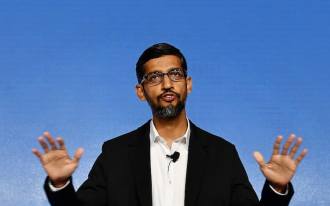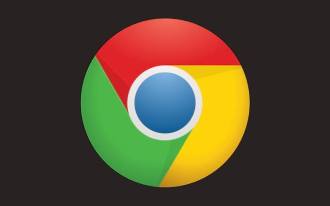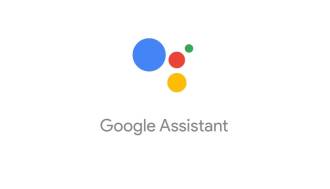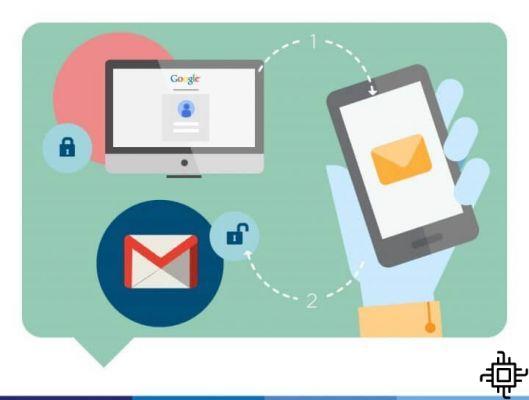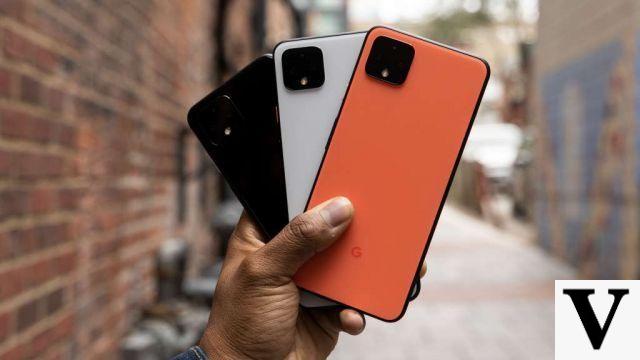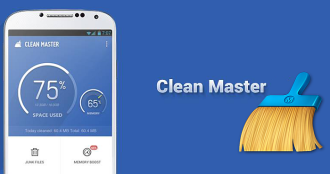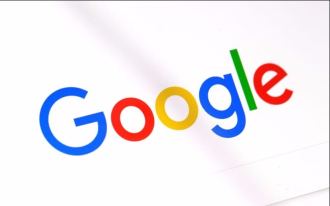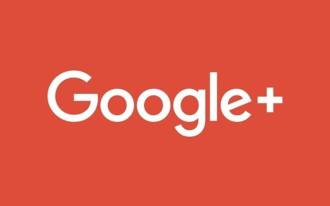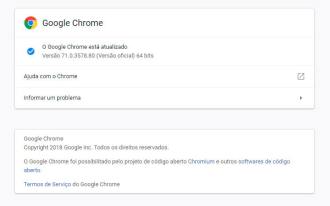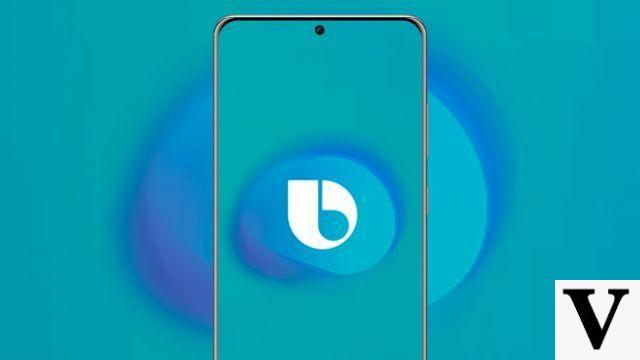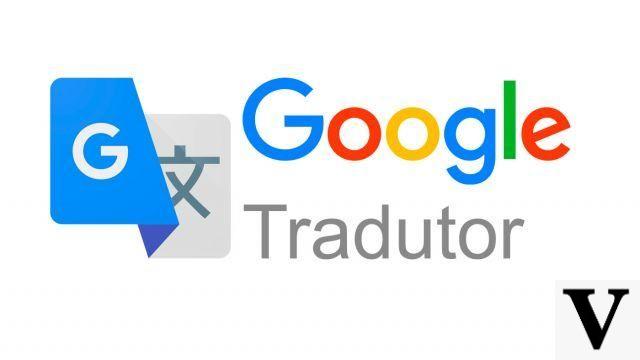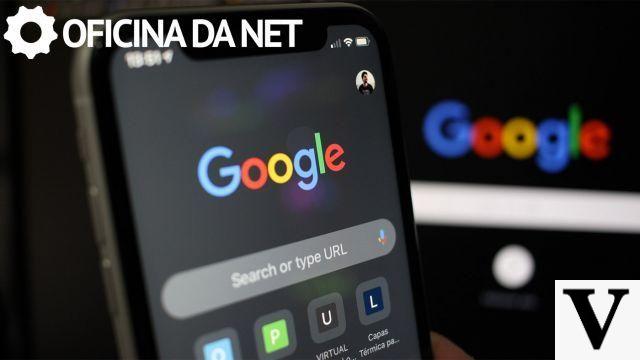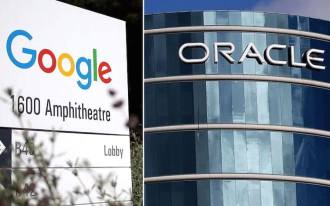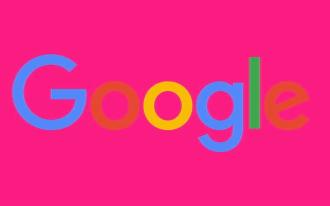I bet you're already aware of the whirlwind of trouble that's been Mark Zuckerberg's astral hell for the past few days. Since the scandal of Facebook's participation in revealing user data was leaked, Zuckerberg's company has lost no less than US$ 50 billion in market value. This in just two days!!.
But it's like they always say: In every situation there is a positive point. This time, however, the positive point is on account of Facebook's main rival in the online advertising market, Google, which is already preparing its offensive to the advertising industry aiming at the gap left by Zuckerberg's blunder. And to add to Mark's headache, the advertisers keep leaving; one of the last was Mozilla which announced that it will no longer invest in its network.
Who confirms the onslaught of Google is Matt Brittin, director for affairs in the region of Europe, Africa and Middle East. To be more exact, he said these words to a packed auditorium at Advertising Week Europe: "We hear you." And the sting continued: "We hear when you say you want transparency, you want security, you want fraud protection... We hear you loud and clear."
you need to see
- Mark Zuckerberg talks about scandal involving misuse of Facebook data
- WhatsApp co-founder campaigns to delete Facebook #deletefacebook
The search giant - which commands about a third of annual digital advertising revenue worldwide - is trying to reassure advertisers who are concerned about the safety and transparency of their brands in a digital environment where scandals are increasingly frequent. . And the idea of running and snapping up these advertisers that Facebook just lost is even more interesting for Google if we remember that small digital ad players, like Amazon and Snapchat, are increasingly bothering the big names.
According to what advertisers and online ad agencies told Quartz, the scandal over Cambridge Analytica's use of Facebook data in Donald Trump's presidential campaign alone is not yet a reason to cut ad spending. As for Facebook, specifically, they said that even before the bomb went off, plans to increase investment in the platform were no longer on the table.
TIP: How to improve privacy on Facebook.
The reasons are that the social network has not innovated in its ad models as much as its rivals and that its latest traffic numbers are leaving something to be desired: Facebook, which has been growing by leaps and bounds in the number of new users in recent quarters, decelerated more than expected in the last assessment. In addition, site users have spent tens of millions of hours unless interacting with the network. It's no coincidence that Zuckerberg named it his 2018 task of the year to fix the platform's mistakes and get people interested in Facebook again.
"This model is not exactly appealing to a company that is in the top 500 in the world or the top 100 and spends a lot of money on you," said Michael Bertini of digital marketing firm iQuanti about investing in Facebook, which recently saw clients take a large part of their spending from the social network and put them on other platforms. "They're like, 'Well, I could spend that money on remarketing campaigns, spend more on Google, spend that money on YouTube.'"
Google wants to change
And if Facebook's problem is stagnation, Google is not going to be silly to do the same and that's why it has been introducing new ways to advertise. One is an application launched this week where retailers list their products on Google Shopping while listing them on other platforms, such as Amazon, for example. As Google dominates the search, it will be able to direct a search on "router" to its marketplace partners instead of showing ads from Jeff Bezos' company in the top positions.
And this is just the latest. Other tools include a machine learning-based ad-setting solution released last month. Added to this is the ad filter for Google Chrome, launched earlier this year, which blocks ads that do not meet the defined quality standards and the more than 3,2 billion poor quality ads that were removed in 2017 alone.
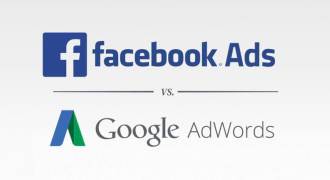
Google wants more transparency
In the event Presentation of the Week Google's efforts to be more transparent have been praised both for being clear with users about the data it collects and using, but also for fighting bad ads and eliminating offensive content maximized by human review coupled with machine learning.
And what a change. It doesn't hurt to remember that 1 year ago, at the same event, it was Google that apologized to brands after their ads showed extremist or offensive content. That's not counting YouTube kids videos that were showing content inappropriate for children and, more recently, even conspiracy videos aimed at survivors of yet another US school shooting that was being aired on YouTube's trending video page.
Advertising That Works For Everyone from AdvertisingWeek on Vimeo.
Google knows that it was wrong and that it needs to act quickly to fill the space left by Facebook, but of course, without subjecting itself to Facebook's billions of losses. That's why they're hiring more human moderators to solve these problems with YouTube while increasingly accurate and smart software flags those that seem unsuitable for advertisers. And without sparing efforts Google also promised that people would check all videos from the Google Preferred program, which includes the top 5% safest YouTube channels for advertisers. The process has already been completed in the UK and aims to be completed in other countries within the next two weeks.
On Tuesday, Google announced new efforts aimed at content publishers seeking to please those who felt rejected by Facebook's recent algorithm changes. To meet this demand, Subscribe with Google was launched, where people can use the service to subscribe to news on a particular topic directly through Google (Facebook is also testing subscription features).
Column: Facebook: I quit
According to Bloomberg, these publishers would earn between 85% and 90% of revenue when readers buy subscriptions through the new service, as opposed to the 70% they currently earn through subscriptions on the Google Play Store. By the way, the company also announced that it is fighting Fake News by announcing a $300 million initiative to fund "quality journalism" projects over the next three years.
Of course, Facebook still has a massive audience of over 2.2 billion monthly active users that marketers can't ignore when thinking about campaigns. But distraction from data privacy issues could prevent the company from innovating and growing its audience, pushing digital advertisers into other arms, such as Google, Amazon or Snapchat.
That's what they say: While some cry, others sell their handkerchiefs :p




